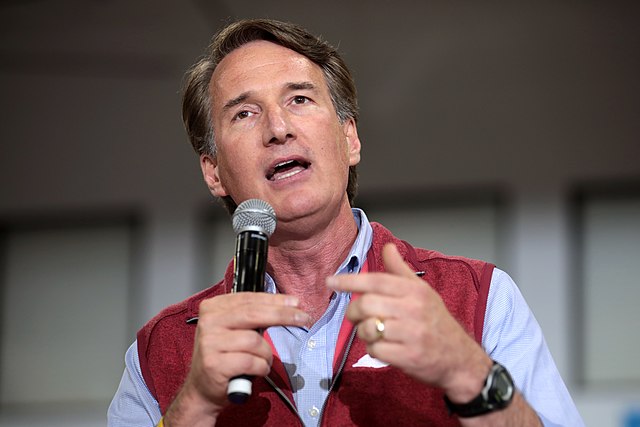The CNU Judy Wason Ford Center issued their last poll of the political season with numbers showing that Republicans messaging is matching the mood of the electorate, with economy and inflation the top issue at 27% and abortion lagging behind at 17%. Republicans and independents both put the economy on top.
Numbers on public education mirror public sentiment about Congress — everyone hates Congress but loves their congressman. Likewise, 60% of Virginians are openly dissatisfied with the state of public education but show high marks for their local public schools at 58% approval ratings. Few Virginians are “very satisfied” with the state of public education, with all political affiliations polling in the single digits.
Book banning — the craze which seems to have swept local school boards — is proving broadly unpopular, with 84% of Virginians openly opposing the effort and 73% of Virginians defending the principle that public libraries should offer a wide diversity of books even if they are offensive to some.
When Republicans are asked, a whopping 72% object — demonstrating the issue to be a sure-fire loser.
For some strange reason, Virginia Democrats have shied away from running on this issue, preferring to do the bidding of the abortion industry and campaign atop a pile of dead babies rather than banned books.
Perhaps some of the more graphic images were indefensible? Probably so — yet given the numbers, it is clear that Republicans did well to defend the open marketplace of ideas rather than delve into the crusade against smut.
One last thing? My latest op-ed for the Fredericksburg Advance detailing how the conservative school board in Spotsylvania is being given a dirty shake by the institutionalists working for the system itself.
Give it a read and feel free to share. This is a conversation that is not limited to one locality, and the wiser we get to the game the easier it is going to be to make sure we have an education system which is intellectually diverse — and not merely monolithic.
It’s for the children, after all.

